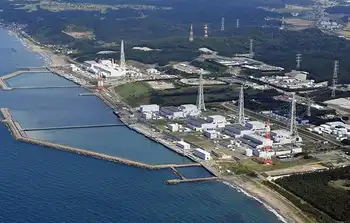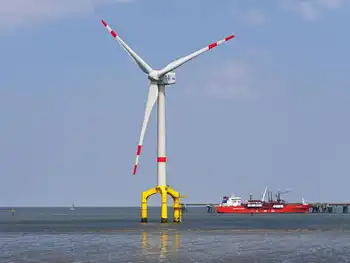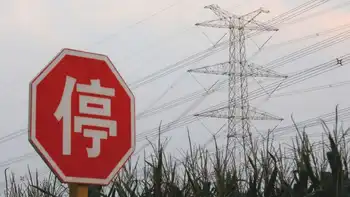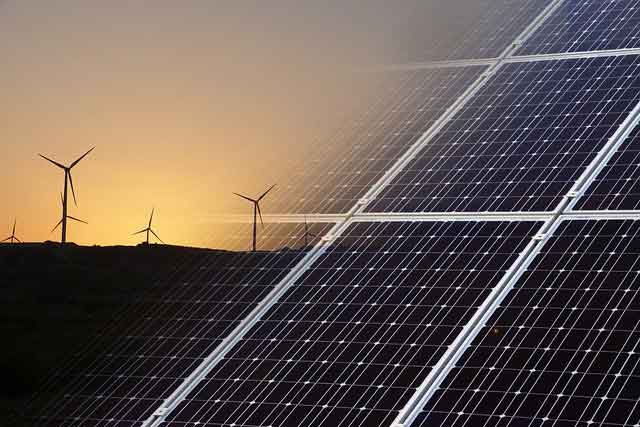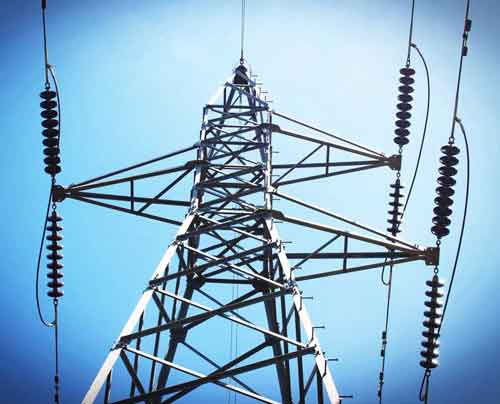Germans warm to nuclear energy: poll
By Reuters
NFPA 70e Training
Our customized live online or in‑person group training can be delivered to your staff at your location.

- Live Online
- 6 hours Instructor-led
- Group Training Available
The results provide fodder for members of Chancellor Angela Merkel's conservative Christian Democrats (CDU) who have in the last few weeks have renewed their calls for a rethink of the planned phase out of Germany's 17 nuclear reactors by 2021.
The Forsa poll for Stern weekly magazine showed that voters in Germany, Europe's biggest power market, were now evenly divided on the question of whether some of the plants should be allowed to operate for longer than planned.
Some 46 percent said they favor extending the lives of the reactors - exactly the same number as those who want all plants to close as planned.
That compares with a poll in February 2007 showing 38 percent who wanted to abandon the phase-out plans and 56 percent wanted to stick to them.
"We are really seeing a shift in public opinion here as people are more and more worried about high fuel prices and supply problems," Forsa chief Manfred Guellner told Reuters.
The 1986 Chernobyl disaster, the world's biggest nuclear accident, turned Germans against atomic energy for years as they panicked about safety and the environment, fears the Green lobby capitalized on to strengthen their influence.
The previous German coalition of Social Democrats (SPD) and Greens agreed the phase-out and Merkel's CDU, which supports the nuclear industry, was forced to agree to stick to the closure deal in order to clinch a coalition pact with the SPD in 2005.
However, the recent surge in the price of oil, combined with worries about climate change linked to fossil fuels, has raised questions about the plans.
Several prominent members of Merkel's CDU, whose coalition with the SPD is getting increasingly difficult, have recently called for the phase-out to be abandoned.
Climate change has also been high on the agenda of the annual summit of Group of Eight industrialized nations this week in Japan, and Merkel has come under some pressure for Germany's stance on nuclear energy.
However, no change seems likely any time soon. It would be politically extremely difficult for the SPD to change course on such an emotive issue and SPD leader Kurt Beck has rejected any calls to abandon the planned exit.
"This is a real dilemma for the SPD," said Guellner, who noted that his poll showed 34 percent of SPD supporters also said they wanted an extension of the life of some reactors compared to just 26 percent previously.





